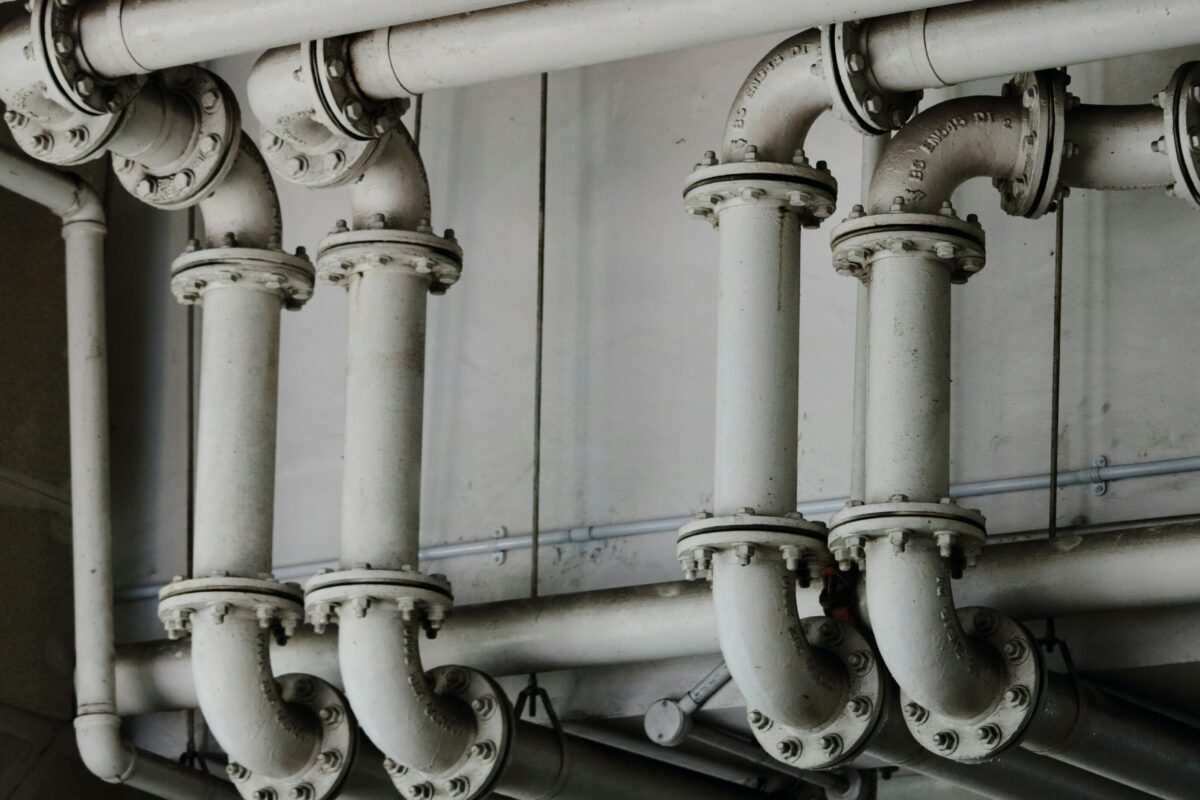When it comes to choosing a career path, many people overlook trades like plumbing, often favoring more conventional desk jobs. However, plumbing is a dynamic, lucrative, and highly rewarding career that offers much more than meets the eye. Whether you’re entering the workforce for the first time or considering a career change, plumbing is an option worth serious consideration.
What Does a Plumber Do?
Plumbers are responsible for installing, maintaining, and repairing systems that ensure the safe distribution of water and removal of waste. Their work can involve:
- Installing water heaters, faucets, and toilets.
- Repairing broken pipes and leak detection.
- Designing and implementing entire plumbing systems for new buildings.
- Troubleshooting and fixing drainage and sewer issues.
Plumbers work in residential, commercial, and industrial settings, with no two days ever being the same.
Why Choose a Career in Plumbing?
1. High Demand and Job Security
Plumbing is an essential service, and the need for skilled plumbers remains steady. Whether it’s new construction, renovation, or emergency repairs, plumbers are always in demand. The U.S. Bureau of Labor Statistics projects steady growth in the trade, making it a recession-resistant career choice.
2. Competitive Salaries
Plumbers can earn a very comfortable living. Starting salaries for apprentices are often higher than many entry-level positions in other fields, and experienced plumbers can command six-figure incomes, especially in specialized areas like gas fitting or industrial plumbing.
3. Minimal Student Debt
Unlike traditional college degrees, which can leave students burdened with debt, plumbing training is often affordable. Many programs are offered at trade schools, technical centers, or through apprenticeships that combine earning with learning.
4. Opportunities for Growth
Plumbing isn’t just about fixing pipes. Skilled tradespeople can specialize in areas like:
- Green plumbing and sustainable systems.
- Advanced technologies like smart plumbing and leak-detection tools.
- Business ownership, opening your own plumbing company.
5. Hands-On Work
If you prefer working with your hands over sitting at a desk all day, plumbing offers a rewarding, active lifestyle. Every job presents new challenges, making it a career that’s far from monotonous.
6. Contributing to Public Health
Plumbers play a vital role in ensuring clean water access and effective sanitation, contributing directly to public health and the environment.
How to Get Started in Plumbing
- Find a Training Program: Enroll in a trade school or technical center offering plumbing courses. Programs like those at Lively Technical Center or Miami Valley Career Technology Center provide excellent training.
- Apprenticeships: Work alongside experienced plumbers to gain hands-on experience while earning a salary.
- Certification and Licensing: Requirements vary by state, but obtaining proper certification and licensing enhances credibility and job prospects.
Future of Plumbing
Plumbing is evolving with technology and sustainability trends:
- Smart Systems: IoT devices enable leak detection and water management via smartphones.
- Green Plumbing: Techniques like greywater recycling and rainwater harvesting are growing in popularity.
- Advanced Tools: Digital tools and AI-driven diagnostics are streamlining troubleshooting and repairs.
Conclusion
Plumbing is more than a job—it’s a respected profession with excellent earning potential, job security, and opportunities for growth. Whether you enjoy hands-on work, problem-solving, or making a tangible impact on your community, plumbing offers all that and more. Now is the time to consider plumbing as a viable and rewarding career. With minimal barriers to entry and countless paths for specialization, the trade is an excellent choice for anyone seeking a future-proof profession.
If you’re interested in finding similar programs to jumpstart your career in plumbing or other skilled trades, visit AlternativestoCollege.com for guidance on training programs, trade schools, and career resources.

